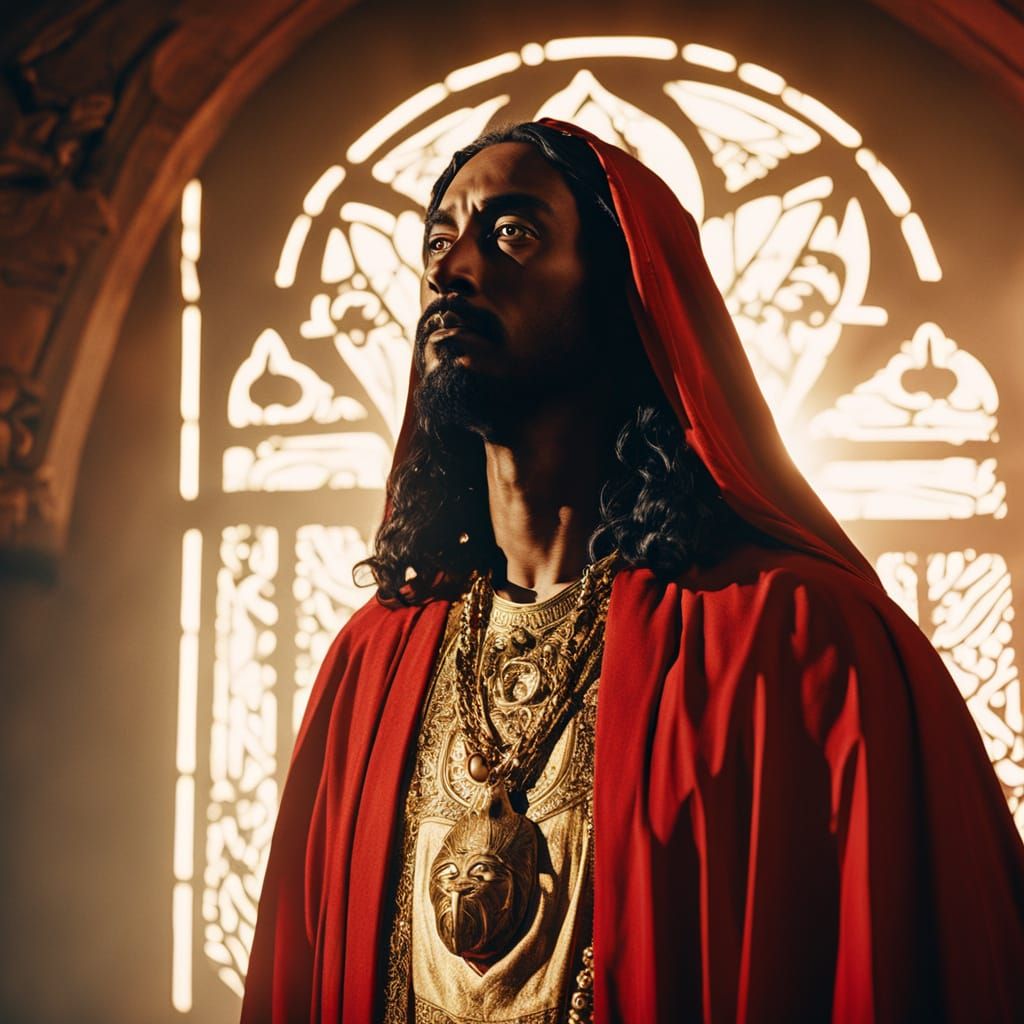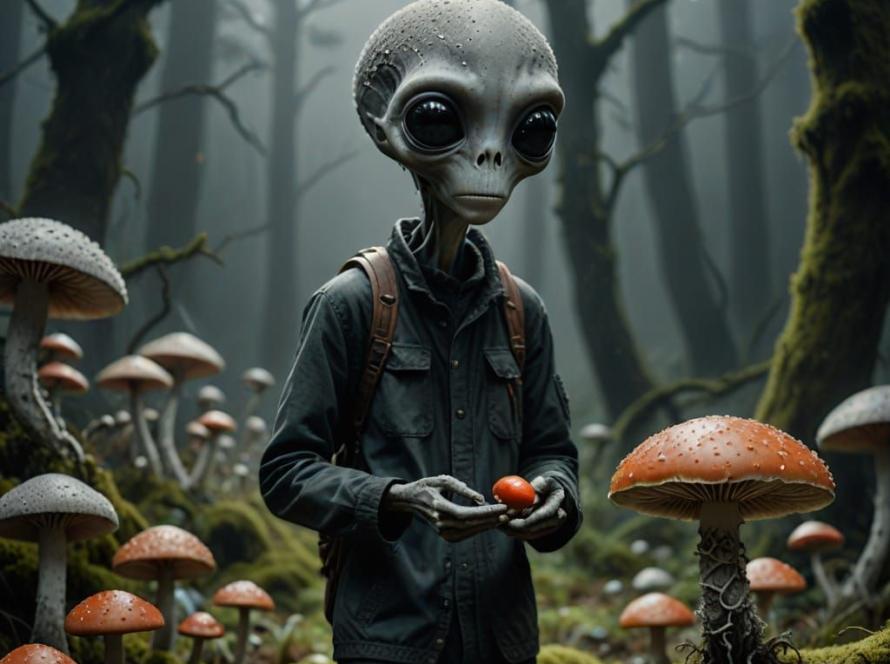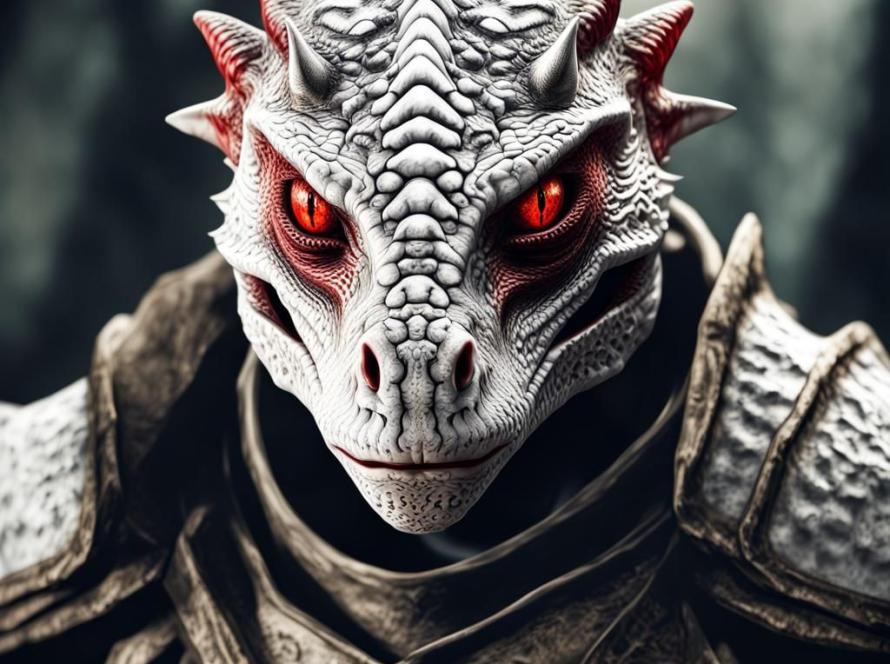Jesus wasn’t a humble carpenter from Nazareth, he was a figure of royal descent, tied to the royal line of Edessa. The claim that Jesus was a “carpenter” comes from a mistranslation of the Greek word “tekton”, which means craftsman or builder. He was part of an elite class of highly educated master “builders”, connected to sacred geometry and mystery schools. He was a freemason in proto-form.
The New Testament narrative was deliberately distorted to downplay Jesus’s true political power, and present him as a spiritual figure, detached from any earthly authority. He was a royal with wealth, education, and influence, wrapped up in the politics of the Roman Empire and Jewish aristocracy.
If we can accept this, then the portrayal we are given of Jesus as poor, homeless, or powerless becomes part of the great reset. If Jesus was of royal blood then his portrayal as white and impoverished erases both his ethnicity and status. We should be asking ourselves why portrayals of a Black Jesus always emphasise poverty, suffering, and powerlessness, and never intelligence, nobility, or leadership. As always, it’s by design. It’s racist, and just reflects more deep cultural bias that continues to associate Blackness with marginalisation and whiteness with authority, wisdom, and divinity.
Yet, the most fascinating (and unsettling) irony about all of this, is that millions of people on Earth today worship a figure they believe stood for humility, anti-establishment values, and poverty. Humans have been made to think they’re following a humble barefoot, anti-elite, spiritual pacifist, but they’re actually venerating someone who was of royal decent, and embedded in elite networks of knowledge and power.
I don’t really care whether people find this offensive or enlightening. I’m here to ask questions. And if we don’t fully understand who or what we’re calling upon when we invoke the name of “Jesus,” especially within a manipulated historical framework, then we might be unknowingly empowering forces whose intentions are being hidden from us.
The original name Yeshua or Yehoshua was later translated into Latin as Iesus, and eventually into English as Jesus. As a result, millions of people are blindly invoking a constructed version of this name rather than the original identity. Entities (benevolent or otherwise) can draw power from human focus and emotional energy. So, if the modern image of Jesus is an engineered persona, then is calling upon that name directing energy to something else entirely? Do these entities benefit from our devotion? Are they using a distorted version of Jesus as a mask to receive energy and influence this dimension?
“In Jesus’ name” is treated like a spiritual command, but it acts more like magic or ritualised invocation. If Jesus being invoked is a construct, then who or what is actually responding when we call on his name? And if the name still holds power, is that power rooted in the original being, or in centuries of belief and control systems built around it?
Calling on Jesus might feel real, but energy can be misleading. It could just be feeding a royal archetype — something most people wouldn’t consciously worship today. If Jesus is connected to the Anunnaki bloodline (and so are we) then of course that energy feels familiar. It’s ancestral. The good feeling might just be the system affirming loyalty. The system doesn’t reward truth. It rewards belief. And when belief gets misused, it doesn’t set you free, it keeps the system running.




1 Comment
chris
When Mary Magdela arrived in France she had a black friend who was equal to her and that is why you have black madonas in France but her skull showed Mary was like a palestenian but the stories happened but are just symbles, like Christ builds tables and flipes tables then king Arthur’s table and the business table and tables for dinner, the the silver he is betrayed for, silver is Elon Musks most valued element, silver spoon, silver lining, coins, wishing wells, money in general, then clay, we are all different shades of clay according to native and holy books, then marble and carbon and hydrogen then rooms he kept talking about doors and rooms , the rastas believe they are like Samson and hair is power so they have dreads, and the 7 headed serpents in all independent cultures and dragons, I think he was middle eastern but the Ethiopians might have the arc from queen sheeba and Solomon but everyone sees it different but I loved your writing, have a good one, keep shinning.